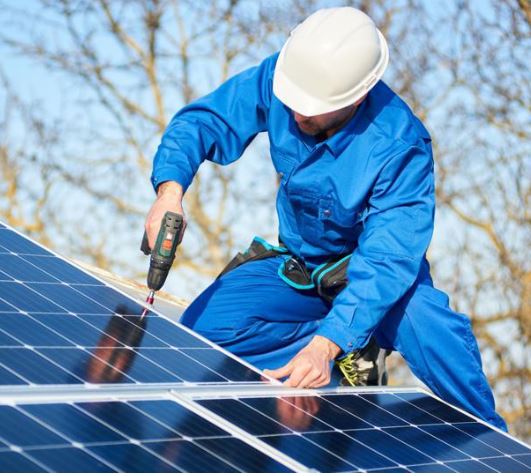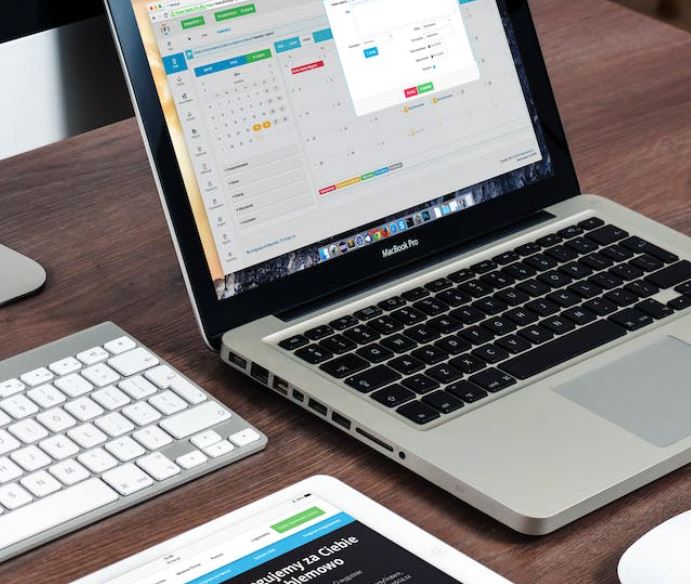
Develop Your Own Personal Solar Panel Systems: Rewards expense and also Installment
Introduction
Solar energy has gained immense popularity in recent years as a clean and renewable source of power. With rising concerns about the environment and energy costs, many individuals are now considering the installation of their own personal solar panel systems.
In this article, we will explore the benefits, costs, and discuss the installation process for those who wish to embark on this eco-friendly journey.
The Benefits of Personal Solar Panel Systems:
- Cost Savings: One of the primary reasons many homeowners and businesses invest in solar panels is the potential for significant savings on electricity bills. By producing your own electricity, you reduce your dependence on the grid, resulting in lower monthly expenses.
- Environmental Impact: Solar power is a sustainable and clean energy alternative that significantly reduces greenhouse gas emissions. By utilizing solar panels, you can contribute to combating climate change and preserving the planet for future generations.
- Energy Independence: With your own solar panel system, you become less reliant on utility companies, which can provide peace of mind during power outages or interruptions. Additionally, in some cases, excess energy produced can be sold back to the grid, creating an additional revenue stream.
Cost Considerations
- Initial Investment: The cost of installing solar panels depends on various factors such as system size, brand, and installation complexity. While the initial investment may seem significant, it's essential to consider the long-term benefit of reduced electricity bills.
- Return on Investment (ROI): The ROI for a solar panel system varies depending on location, energy consumption, and local incentives. On average, homeowners can expect to see their investment pay for itself within 5 to 10 years, resulting in years of free electricity afterward.
Installation Process
- Assess Your Energy Needs: Start by evaluating your energy consumption patterns to determine the appropriate system size for your needs. Consider factors such as the number of occupants, appliances, and energy-efficient measures you have in place.
- Finding a Professional Installer: Research reputable solar panel installation companies in your area. Obtain quotes, compare services, and ask for customer references to ensure you choose a qualified installer.
- Permits and Paperwork: Before installation, permits and paperwork may be required. Working with a professional installer can help streamline this process, making it hassle-free.
- Equipment Installation: Once all necessary paperwork is sorted, the installation process can begin. Usually, it involves mounting solar panels on the roof or ground, wiring, and connecting to the electrical system.
- System Monitoring and Maintenance: After installation, it is important to routinely inspect and maintain your solar panels to ensure optimal performance. Monitoring systems can track energy production and provide insights into potential issues.
Conclusion
Investing in your own solar panel system is a wise and environmentally responsible decision.
The benefits of cost savings, reduced carbon emissions, and increased energy independence make it an attractive option for homeowners and businesses alike.
By understanding the rewards, costs, and installation process, you can embark on this journey towards a sustainable future with confidence. Start exploring the possibilities of harnessing solar energy today!
Creating a Strong Online Presence for Your Brand




